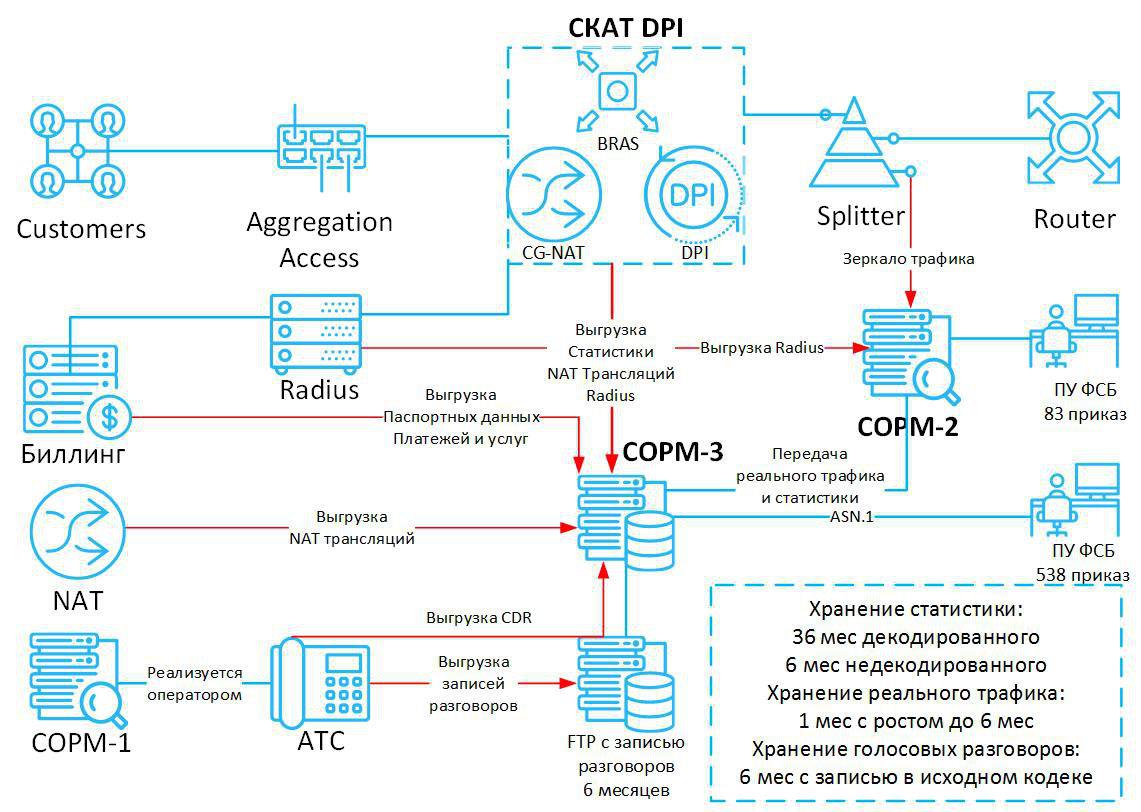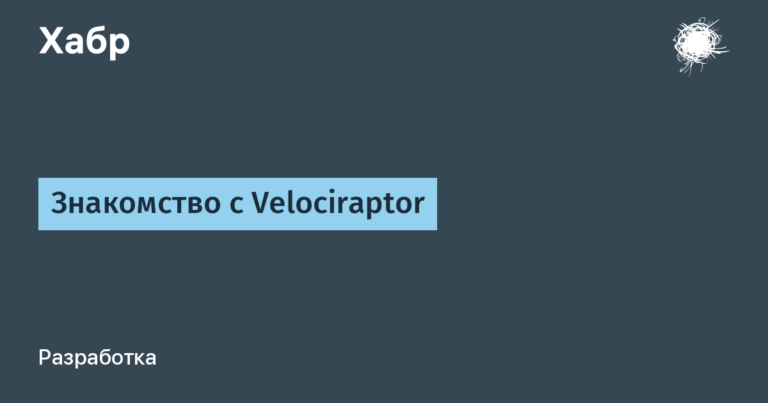
Seven years after former US National Security Agency official Edward Snowden reported mass surveillance of American telephone records, the US Court of Appeals for the Ninth Circuit ruled the program illegal and also recognized public lies on the part of US intelligence officials.
IN 59-page ruling the court said that the massive collection and analysis of metadata about telephone conversations of citizens violates the Foreign Intelligence Surveillance Act (FISA) and may well violate the Constitution.
Meanwhile, Edward Snowden has been forced into hiding in Russia for seven years, and the US authorities have still not dropped the espionage charge against him.
Snowden said on Twitter that it was this fact – the illegality of mass surveillance – that prompted his decision to publicize evidence of internal NSA operations. “I never thought that I would live to see our courts condemn the NSA as illegal and in the same ruling will credit me with exposing it,” Snowden wrote.
In 2013, Snowden leaked top-secret documents to the media on global surveillance programs carried out by US and British intelligence agencies. For these articles, The Guardian and The Washington Post received the Pulitzer Prize…
Of all the revelations, perhaps the most sensational was the evidence that the NSA was secretly creating a vast metadata database of US phone records – who, when, where, and with whom it spoke on a cell phone.
Up to this point, senior intelligence officials have publicly insisted that the NSA had never knowingly collected information about Americans. Following the exposure of the program, American officials reverted to the argument that espionage allegedly played a crucial role in the fight against extremism within the United States, citing, inter alia, the case of four San Diego residents accused of helping religious fanatics in Somalia.
American officials insisted the four were convicted in 2013 thanks to the NSA’s mass surveillance program. But the US Ninth Circuit Court of Appeals ruled on Wednesday that the claims were “incompatible with the contents of classified documents.” That is, they contradict the documents and, in fact, are also lies.

Watchdog groups including the American Civil Liberties Union (ACLU), which helped file an appeal against the “extremists”, hailed the judges’ verdict on the NSA spy program: “Today’s decision is a victory for our privacy rights,” said ACLU statement“It is clear that the NSA’s massive collection of American telephone records violates the Constitution.”
The call tracing program began without court approval under President George W. Bush after the September 11, 2001 attacks. A similar program was approved by the secret FISA court in early 2006 and has been reopened several times, but the 9th Circuit court said the decisions were legally flawed.
The Court of Appeal refrained from directly claiming a violation of the Constitution, but rejected the Department of Justice’s arguments that collecting metadata is not a search because customers voluntarily share such information with telephone providers, in accordance with 40 years of legal precedent.
“The NSA has collected telephone metadata from millions of Americans on an ongoing, daily basis for many years,” Judge Marsha Burzon wrote in her dissenting opinion. “Moalin (one of the extremism defendants) could have reasonable expectations of confidentiality regarding the metadata of his calls.”
The 9th Circuit Court essentially approved 2015 New York Circuit Court Orderthat mass surveillance is not closely related to any specific investigation, that is, a court order within the framework of a specific investigation cannot legalize mass data processing.
Russia also has programs of mass surveillance of the population, like the NSA.

On July 7, 2016, President Putin signed the Yarovaya-Ozerov package, adopted by the parliament and the Federation Council, with amendments to Russian legislation, including amendments to the Law on Communications. Telecommunications operators and organizers of the dissemination of information on the Internet are obliged to store up to six months all user traffic – text messages, voice information, images, sounds, video, and other electronic messages. Telecommunications operators are required to store metadata for three years – information about the facts of receiving, transmitting, delivering messages and calls. Internet service providers are required to store such information for one year.
The FSB insists on decrypting TLS / SSL traffic in real time before writing it to the storage. For this, it is planned to deploy a Russian CA to issue “correct” SSL certificates.
The Yarovaya amendments entered into force on July 1, 2018, but de facto the law is not yet in effect. At the moment, Russian operators complete the modernization of the technical infrastructure for mass storage of data.








